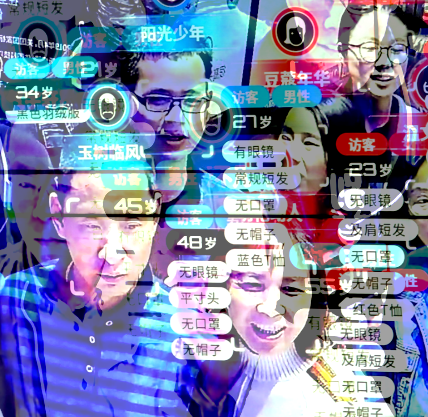Report shows students silenced
 A new report details extensive harassment and surveillance of Chinese students studying in Australia.
A new report details extensive harassment and surveillance of Chinese students studying in Australia.
The report by Human Rights Watch says pro-democracy Chinese students are censoring themselves out of fear that they may be “reported on” by fellow classmates.
The 102-page report, “‘They Don’t Understand the Fear We Have’: How China’s Long Reach of Repression Undermines Academic Freedom at Australia’s Universities,” describes Chinese government surveillance of pro-democracy students from the mainland and Hong Kong in Australian universities.
“Australian university administrators are failing in their duty of care to uphold the rights of students from China,” says Sophie McNeill, a researcher at Human Rights Watch and author of the report.
“Australian universities rely on the fees international students bring, while turning a blind eye to concerns about harassment and surveillance by the Chinese government and its proxies. The universities should speak out and take concrete action to support the academic freedom of these students and staff.”
Human Rights Watch interviewed 24 pro-democracy students from mainland China and Hong Kong, and 22 academics at Australian universities.
The analysts verified several cases in which police in China visited or asked to meet with a student’s families regarding their activities in Australia.
The Chinese authorities threatened one student with jail after the student opened a Twitter account while studying in Australia and posted pro-democracy messages. Another student, who expressed support for democracy in front of classmates in Australia, has since had their passport confiscated by Chinese authorities upon returning home.
Every pro-democracy student interviewed expressed fears that their activities in Australia could result in Chinese authorities punishing or interrogating their family back home.
They said this was a constant concern that had to be evaluated before they decided what to say in class, what classes or events they could attend, and even with whom they could be friends.
Most said they self-censored while studying in Australia.
“This is the reality, I come to Australia and still I’m not free. I never talk about politics here,” said one mainland student.
“The majority of students who experienced harassment didn’t report it to their university,” Ms McNeill said.
“They believe their universities care more about maintaining relationships with the Chinese government and not alienating students supportive of China’s Communist Party.”
More than half of faculty interviewed, selected because they are from or specialise in China studies, said they practiced regular self-censorship while talking about China.
University administrators were found to have censored staff too, including by asking them not to discuss China publicly, or discouraged them from holding public China-related events, or speaking to the media about certain China issues.
Pro-Beijing students and social media users have also subjected some academics at Australian universities to harassment, intimidation, and doxing – posting their personal information – if the academics are perceived to be critical of the Chinese Communist Party or discuss “sensitive” issues such as Taiwan, Tibet, Hong Kong, or Xinjiang.
In 2020, pro-Beijing supporters bullied, harassed, and doxed an academic who described Taiwan as a country and spoke out in defense of a Taiwanese student. As a result, the Australian university temporarily removed the academic’s teaching profile from the university website.
“Recent inquiries into freedom of speech and foreign interference in Australia’s universities have not adequately examined these issues,” Ms McNeill said.
“With new international student arrivals due to start again soon, universities should urgently review their policies and put in place new measures to safeguard the academic freedom of these students and staff.”








 Print
Print